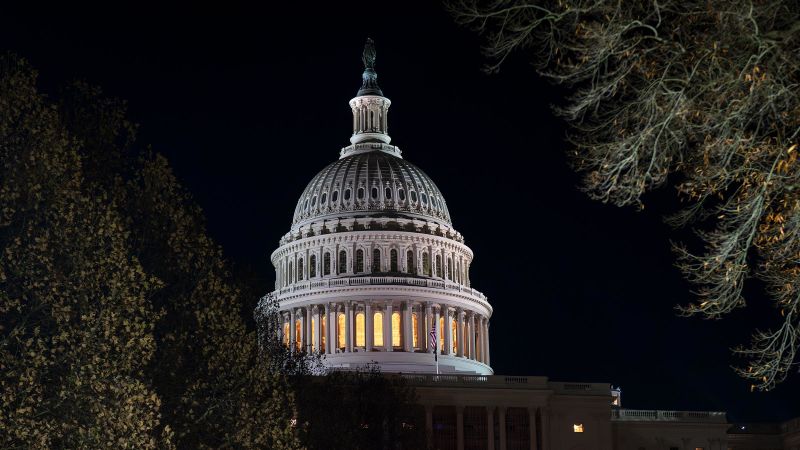(Bloomberg) — The US plans to purchase about 12 million barrels of oil this year as it begins to refill its depleted emergency reserve amid falling crude prices, according to two people familiar with the matter.
Most Read from Bloomberg
The figure includes 3 million barrels already scheduled for delivery in August and an additional 3 million barrels from a solicitation the Biden administration issued on Friday, according to the people.
An Energy Department spokesperson said they will continue to “seek opportunities for additional repurchases as market conditions and the constraints of SPR operations allow.”
The White House didn’t immediately comment.
Read More: US Will Buy 3 Million More Barrels for Emergency Reserve
The more than 700 million barrel-capacity Strategic Petroleum Reserve is at a 40-year-low following a historic 180 million barrel drawdown last year in response to Russia’s invasion of Ukraine.
Oil traders have been closely watching while the government begins refilling the emergency stockpile, as its purchases are bound to tighten the market. The sour crude grades sought by the Energy Department are in high demand as a result of OPEC+ cutting output.
Any additional pull on domestic barrels could send oil prices higher, potentially raising gasoline prices in the middle of the summer driving season and possibly dissuading the Biden administration from replenishing the reserve in larger quantities.
Read More: US Aims to Refill Oil Reserve After June, Granholm Says
“The DOE seems to be looking to replenish the Reserve in a series of small nibbles rather than big bites, perhaps to minimize upside pressure on crude in the summer driving season (and the Presidential election season),” Washington-based consulting firm ClearView Energy Partners wrote in a note to clients on Friday.
The Biden administration last fall said the aim was to refill the reserve when prices were at or below about $67-$72 a barrel. West Texas Intermediate futures climbed 3.4% on Tuesday to settle at $69.42 a barrel. WTI is down almost 14% this year.
Most Read from Bloomberg Businessweek
©2023 Bloomberg L.P.





